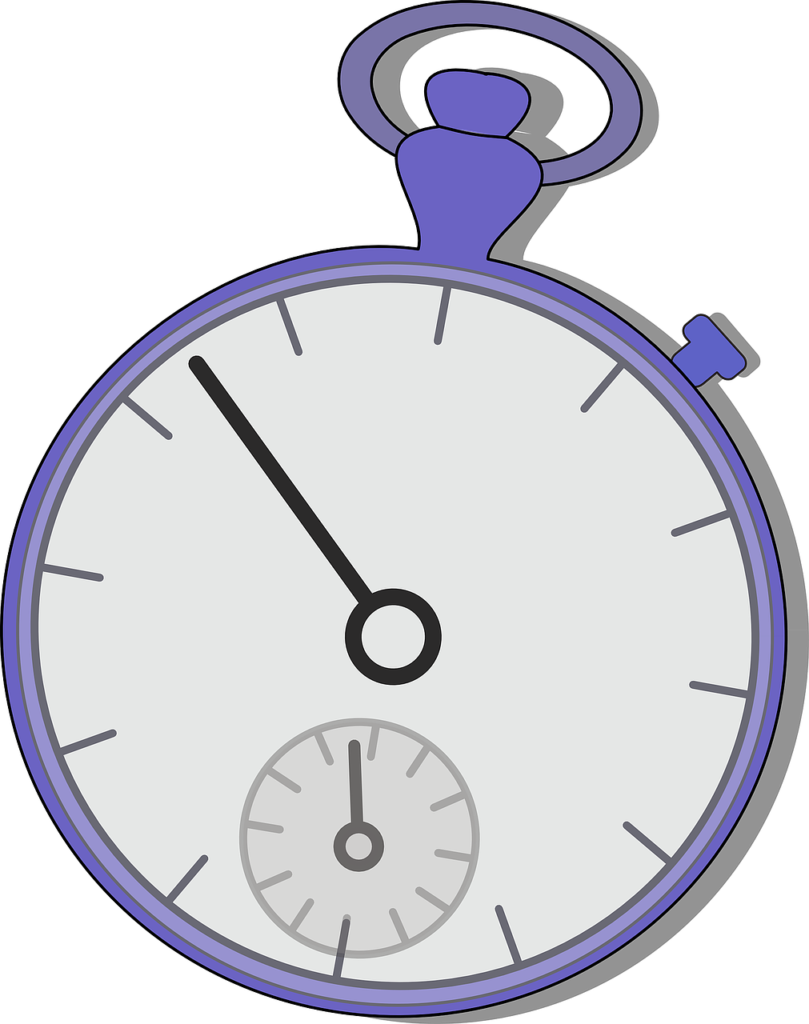There are a lot of benefits to intermittent fasting and arm fat reduction is one of them. How to lose arm fat without exercise can be done with intermittent fasting.
Fasting has been associated with health benefits for a long time now. Intermittent fasting (IF) is another way to benefit from fasting. IF involves alternating daily between periods of eating and periods of fasting. Many people have also lost weight in the process due to the decrease in calorie intake and also increase in metabolism.
The health benefits of intermittent fasting include: increased insulin sensitivity, decreased oxidative stress, reduced blood pressure and cholesterol, improved cognitive function, and anti-aging effects.
Intermittent fasting can be done in many ways such as having an 8-hour eating window and a 16 hour fast or a 24 hour fast once or twice a week. There are different ways of doing it that suit different people’s lifestyles.
Intermittent fasting has been shown to help with weight loss, but what about arm fat reduction? Is there any way to lose arm fat without exercise while doing intermittent fasting? The answer is yes!
There are many ways to lose arm fat without exercise while doing intermittent fasting such as decreasing calorie intake, improving sleep quality, increasing physical activity levels including bodyweight exercises like pushups or squats (these
Intermittent fasting is a dietary strategy that cycles between periods of fasting and eating. There are several different intermittent fasting methods, all of which split the day or week into eating periods and fasting periods.
During the fasting periods, you consume no calories. However, black coffee, calorie-free sweeteners, diet soda, and sugar-free gum are permitted.

What is Intermittent Fasting
Intermittent fasting is the process of restricting your food intake to a certain window of time throughout the day. There are many different ways to go about it, but the most popular types are daily 16-hour fasts and alternate-day fasts.
Benefits of intermittent fasting
There have been many studies done on this type of diet, and it has been shown to provide a number of health benefits. For example, intermittent fasting has been shown to:
- Promote weight loss by decreasing calorie intake
- Lower insulin and blood sugar levels, which is great for people with diabetes
- Improve cell repair
- Strengthen immune system
- Reduce inflammation in the body
Losing weight with intermittent fasting
One of the biggest benefits of intermittent fasting is weight loss. If you choose to fast every other day, then you would be cutting your calories almost in half each week! And if you’re fasting daily (for instance, 16 hours), then you get to eat three full meals a day instead of just one or two.
This type of diet works by increasing your metabolic rate, which means that your body burns more calories throughout the day. Because of this, many people find that they lose weight quickly and without much effort
Intermittent fasting is, simply put, only eating during a specified time. “When you’re asleep, your body is fasting,” says Elizabeth Lowden, MD, a bariatric endocrinologist at Northwestern Medicine Delnor Hospital in Geneva, Illinois. “So it’s intermittent fasting if you have dinner at 8 p.m. and don’t eat until noon the next day.”

Is Intermittent Fasting Effective For Losing Weight
Is intermittent fasting good for losing weight? In short, yes. It is an effective weight-loss method that can be used in addition to a healthy diet and regular exercise.
The reason intermittent fasting works is because it helps you consume fewer calories. There are many different ways to do intermittent fasting, but the most common method is to alternate between periods of eating and fasting.
For example, you may choose to eat only within an 8-hour period each day and fast for the remaining 16 hours. This method is known as the 16:8 diet or time-restricted feeding. Other methods involve skipping meals one or two days per week or eating only 500 calories on certain days of the week.
Intermittent fasting is not a new concept. It has been practiced for centuries as a way of life and for religious reasons. The concept of intermittent fasting was reintroduced in the early 20th century by Dr. Otto Warburg who found that restricting calorie intake may slow cancer growth in mice (1, 2).
When done correctly, intermittent fasting can reduce body weight and body fat while preserving muscle mass.
I’m in favor of intermittent fasting, but it’s best if you don’t go to extremes.
When I first learned about intermittent fasting, I was intrigued. My body has been through a lot since my early twenties when I started suffering from health issues due to a weak digestive system. I’ve tried many things over the years, including multiple diets and medications to try and heal my gut.
Intermittent fasting seemed like the answer: an easy, natural way to heal your gut (and lose weight at the same time). But after I tried it out for myself, I quickly realized that doing IF too aggressively can often do more harm than good. Intermittent fasting is effective and it can help you with how to lose arm fat without exercise.

Best Foods for Intermittent Fasting
Foods to Avoid While Intermittent Fasting
Fruit is one of the foods you should avoid while doing intermittent fasting.
The reason is that fruit contains a lot of sugar, so even if it’s healthy, it’s not going to help you lose weight.
The best fruits that you can eat while doing intermittent fasting are apples and berries because they have the least amount of sugar.
Try to avoid all other fruits, especially bananas, mangoes, and pineapples.
Some of the best foods to avoid while intermittent fasting are:
- Caffeine
- Alcohol
- Sugary drinks and foods
- High-fat foods
- Foods high in salt or sodium (like processed foods)
You can still have these while doing intermittent fasting, but they’re not usually recommended.
Caffeine, alcohol, sugary drinks, and food are all sources of empty calories. In other words, they don’t contain any nutrients that benefit you
When people start intermittent fasting, they often ask me what foods they should eat. But there’s a better question to ask: What foods should you avoid?
When you remove the obsession with food choices, you free up mental space for more important things in life. Instead of thinking about what to eat, you can focus on your work or relationships.
That being said, it is still helpful to know which foods could potentially break your fast. I believe that some foods are just not worth eating even if they technically don’t break your fast. These “fasting friendly” foods are beneficial for both weight loss and great health overall.
I’ve been doing intermittent fasting for two years now. I started because I was interested in learning more about how the body uses food for energy.
Conclusion
The key to losing weight with intermittent fasting is simple: just stop eating. Of course, it’s not that easy. How you fast is up to you. Whether you prefer to eat less during certain days of the week or skip meals altogether, it’s critical to follow through with the plan.
One of the most common pitfalls for people new to intermittent fasting is that they stop after a few days because they’re hungry all the time. It takes some mental fortitude, but one of the best ways to overcome this feeling of constant hunger is by making sure you’re eating enough protein and fat during your eating periods. This will help you feel more satiated than if all you ate was carbs.
Intermittent fasting won’t get rid of your belly fat; but, it can improve your health and metabolism while helping decrease abdominal fat. If you want to lose weight, I recommend giving intermittent fasting a try!
My advice to everyone is: Don’t get too attached to your diet. Just try it, see if you like it and if you don’t – no big deal. I personally do not think there is one diet that fits all. There are probably many ways to lose weight and stay healthy, and what worked for me won’t necessarily work for you.
I hope this article will help you with your own research of the intermittent fasting diet and help you decide if it is worth a try for you.
I learned a lot of interesting things during my intermittent fasting experiment. I don’t think it was an accident that I lost weight. The only thing I changed in my life was my eating schedule, and the one pound per week weight loss that resulted was entirely consistent with what other people have experienced.
The Health Wealth Lifestyle has written the above article on how to lose arm fat without exercise for informational purposes only. Please consult a health care professional as you see fit.
Disclosure: I may receive affiliate compensation for some of the links above at no cost to you if you decide to purchase anything. This site is not intending to provide health or financial advice. This is for entertainment only. Please consult a professional as you see fit.
